-
Must Fictional Heroes Be Likeable?
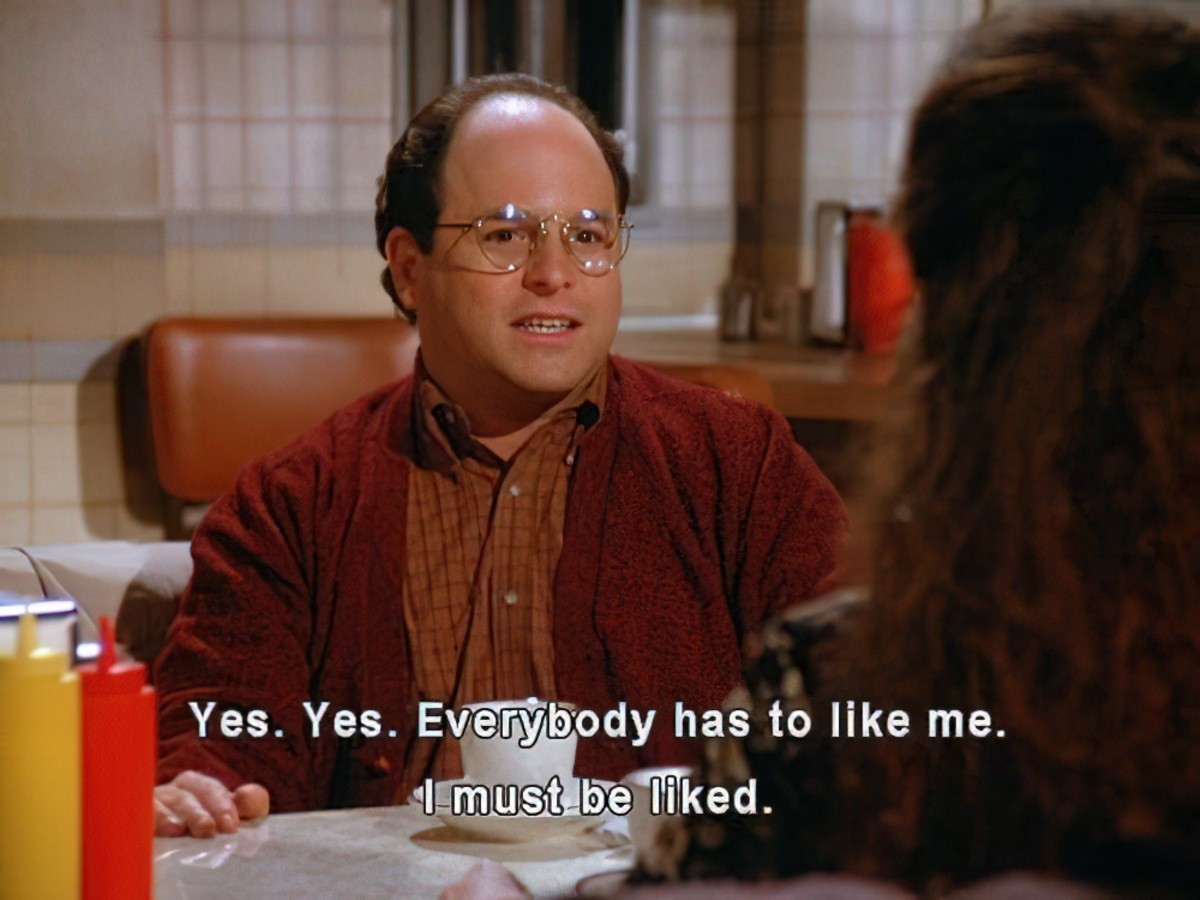
Short answer: Main characters don’t have to be likeable. But they do need to be interesting.
-
A Glossary of Genre and Story Types
The purpose of fiction genre is to help readers find the stories they want. For a full list of Fiction Genres you can’t go past the Wikipedia article. These are my own notes on genre, incomplete, but with a different spin.ga Children’s literature is broken down into genres, just as adults’ stories are. But critics
-
Me and Earl and the Dying Girl (2015) Novel Study
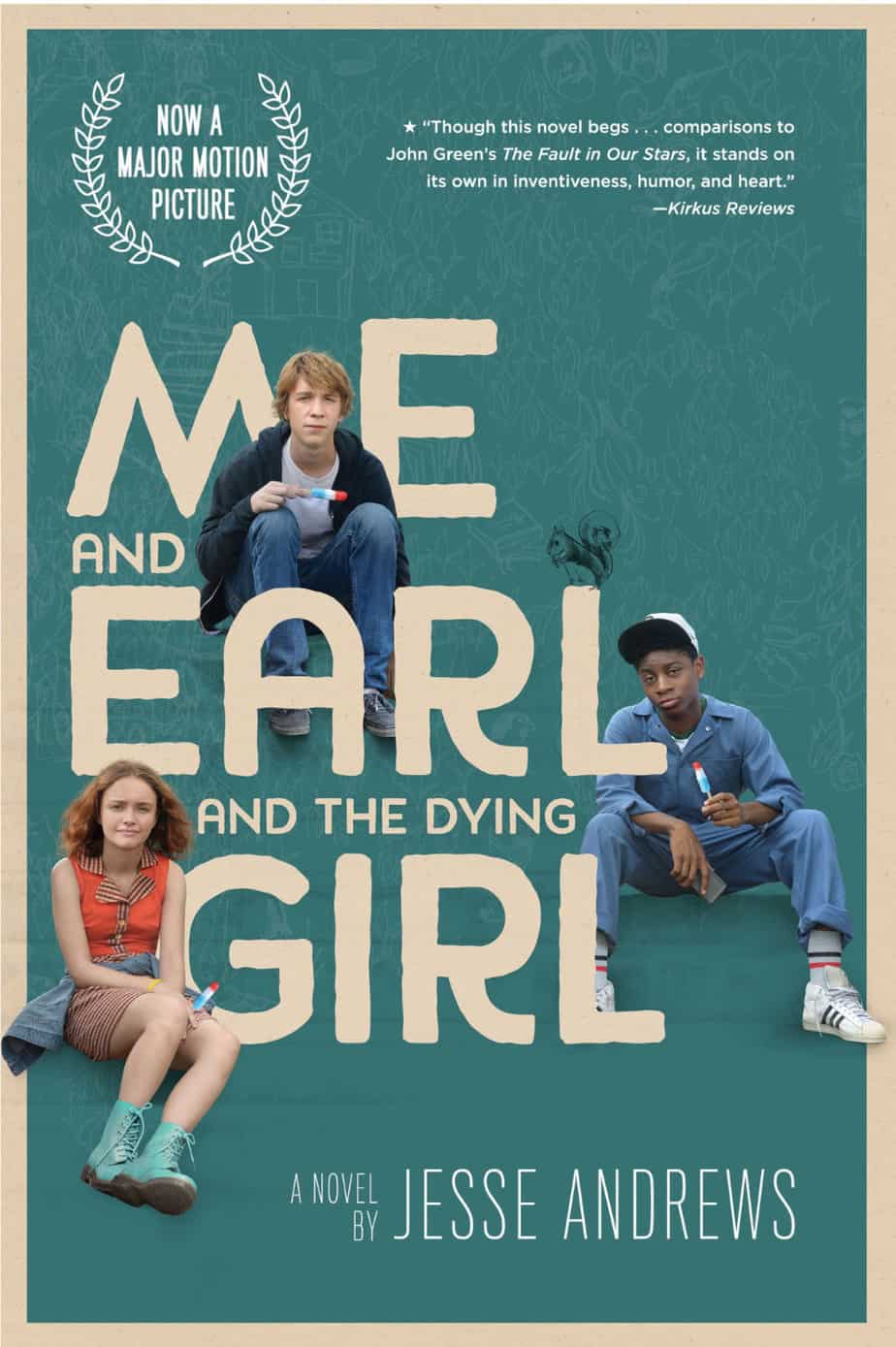
Me And Earl And The Dying Girl is a metafictive coming-of-age film based on a young adult novel by the same name. The book is an example of ‘sick-lit‘. Greg […] is coasting through senior year of high school as anonymously as possible, avoiding social interactions like the plague while secretly making spirited, bizarre films
-
Storytelling Tips From Kings Of Summer (2013)
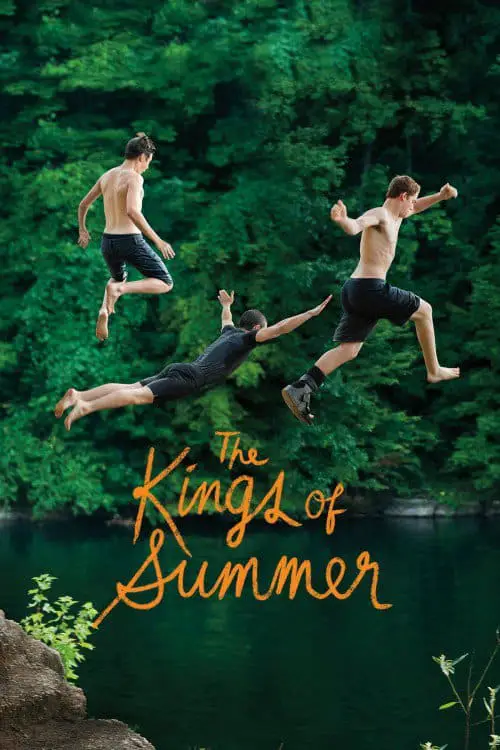
Sometimes when you find out a story used to be called something different right up until the marketing team stepped in, the original name can offer extra insight. Kings of Summer was originally called “Toy’s House”. The main character is called Joe Toy, and I did spend a bit of time wondering if this is a symbolic
-
Father Tropes In Fiction
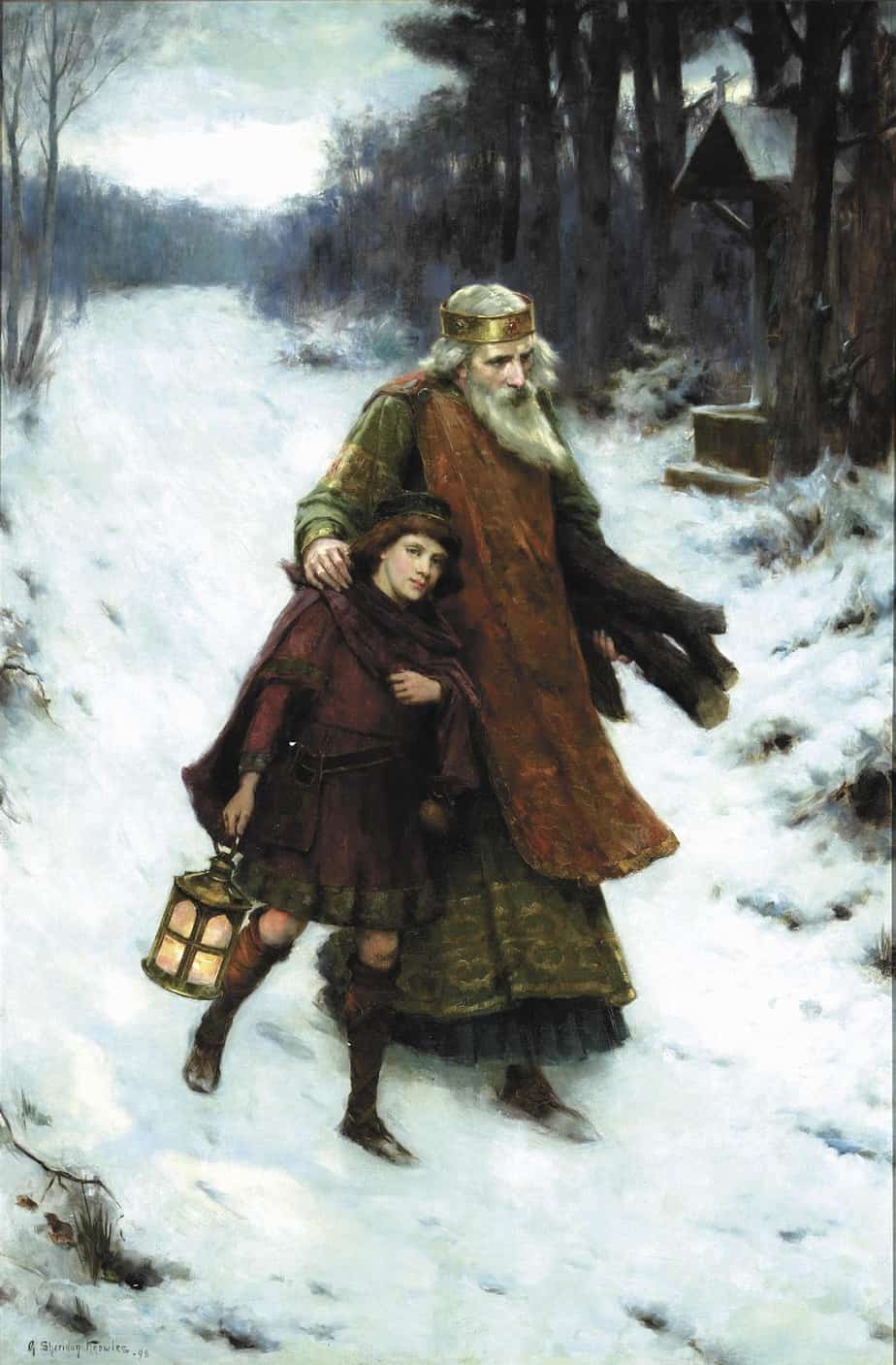
Turn Out Like His Father – A character has charge of a child (usually her son) and is desperate to keep this child from imitating another relative (usually his father). This is a fear of history’s repeating itself for his fate, which may be turning evil and usually ends with being dead. Harry Potter isn’t allowed to
-
How to Create Conflict in Literature
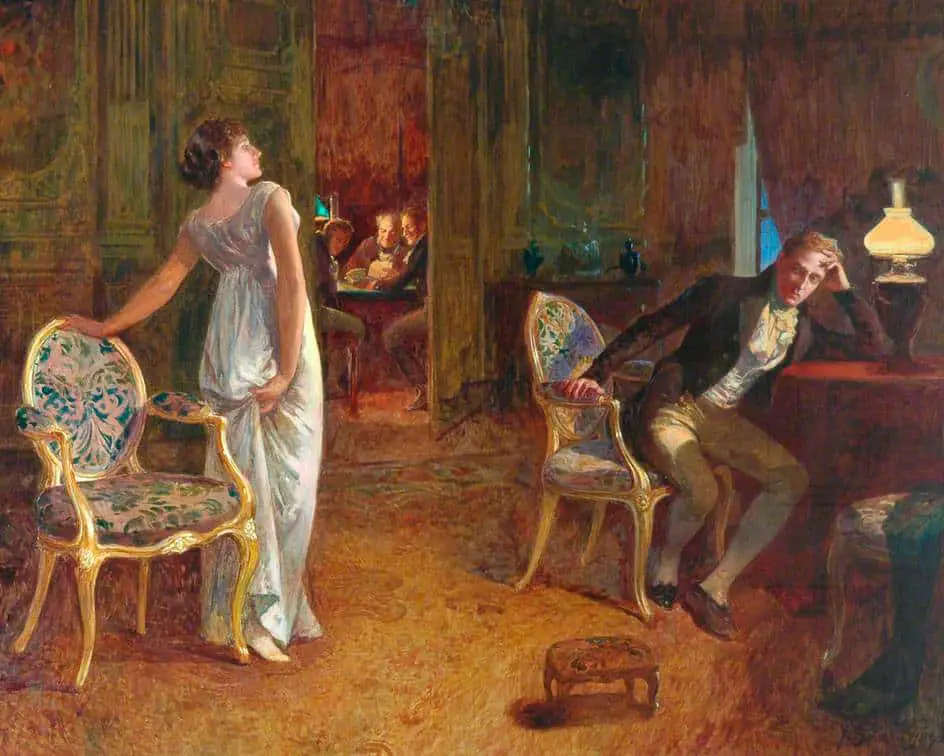
Every interesting main character in every story needs a worthy opponent. The opponent makes the main character interesting. The main character learns through their opponent. The opponent attacks the main character’s great shortcoming. The main character deals with their own great shortcoming and grows as a result.
-
The Snowman Cometh Courage The Cowardly Dog
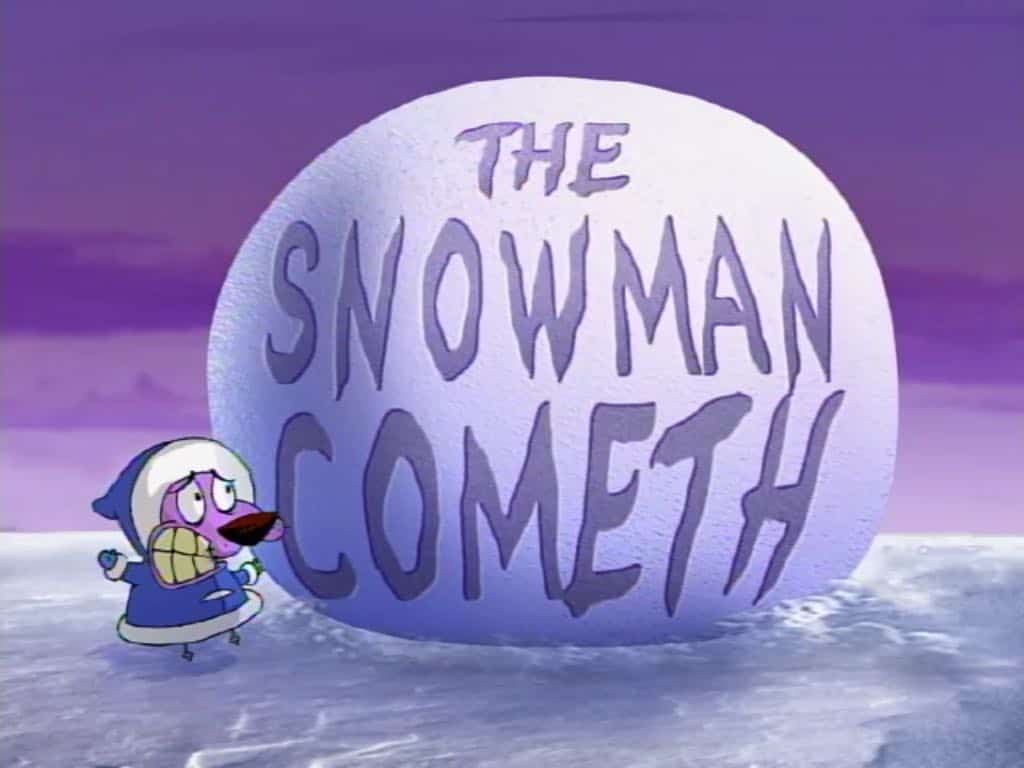
In The Snowman Cometh episode of Courage is interesting for the way in which the writers comically represent a part of science which is difficult to understand and even harder to portray on screen. SETTING Most of the Courage episodes are set in the Bagge family home in the middle of Nowhere but by this
-
The Technique of Ticking Clocks in Storytelling
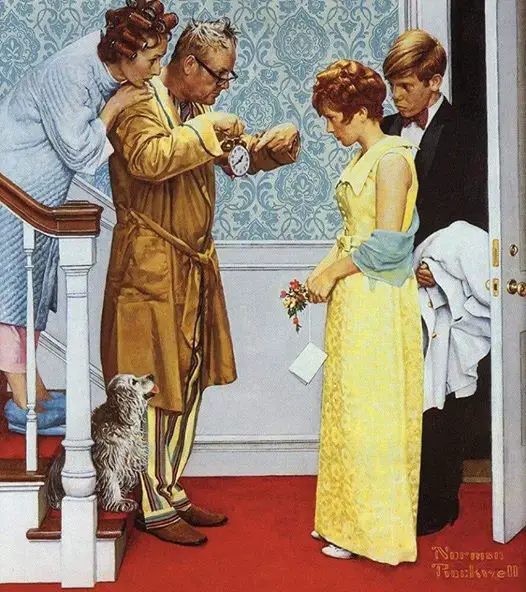
Once you notice ticking clocks in storytelling you see them in everything, so beware.
-
Menstruation In Fiction
Menstruation is depicted rarely in fiction. Perhaps you are rattling off half a dozen stories which feature menstruation right now, hoping to prove me wrong. But when you consider the impact of menstruation on lives, and how frequently it occurs, menstruation is heavily underrepresented across storytelling. We need more of it. People going through female
-
Dreaming In Storytelling
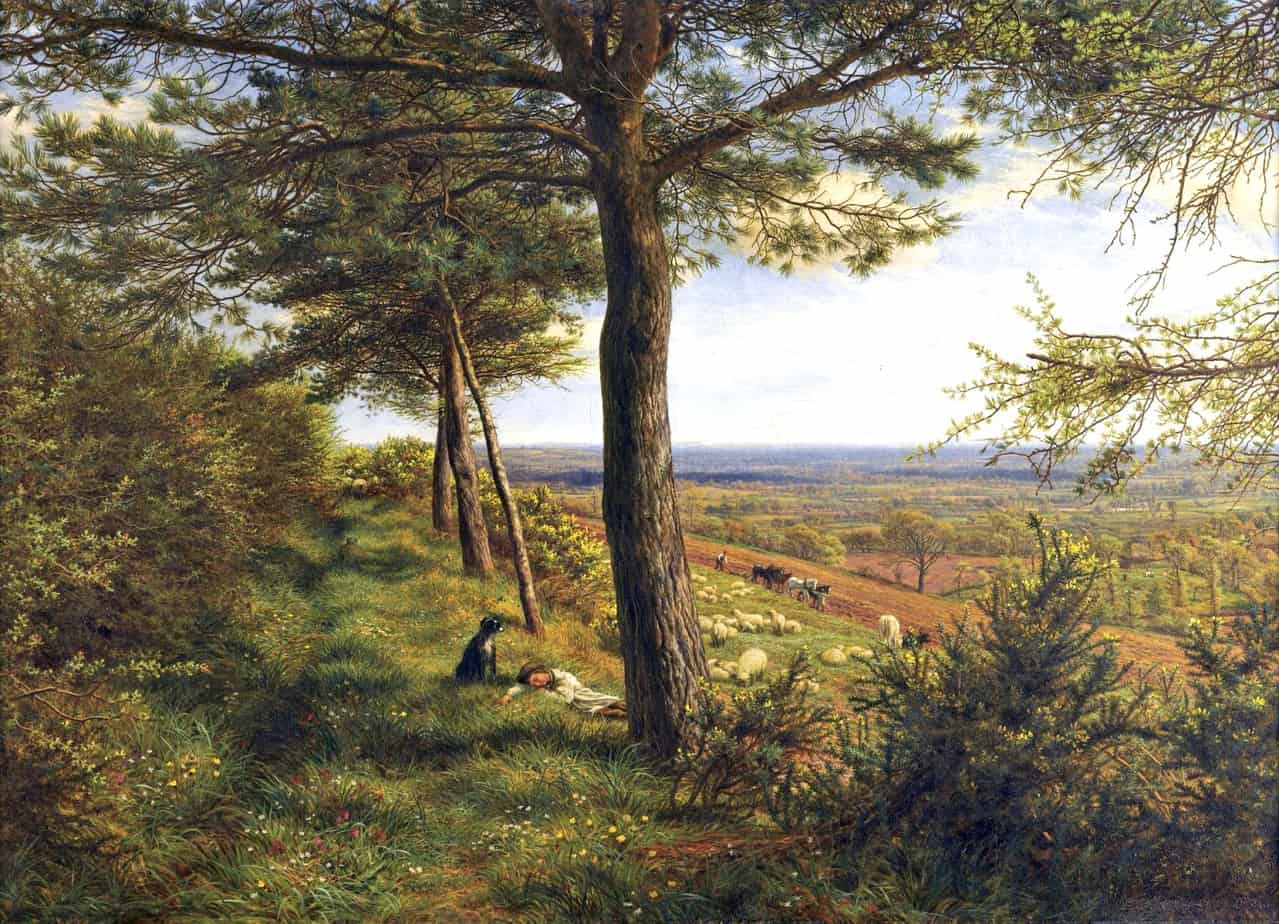
You may not remember dreaming after you sleep, but you’ll encounter many dream sequences in books. Isn’t it cheesy to rely on dreams? Don’t rational readers know that dreams cannot predict the future — that dreams are the scrabbled outworkings of a brain tidying itself up? Dreams, daydreams, visions, prophecies, processes of memory… all of
-
Shapes of Plots In Storytelling
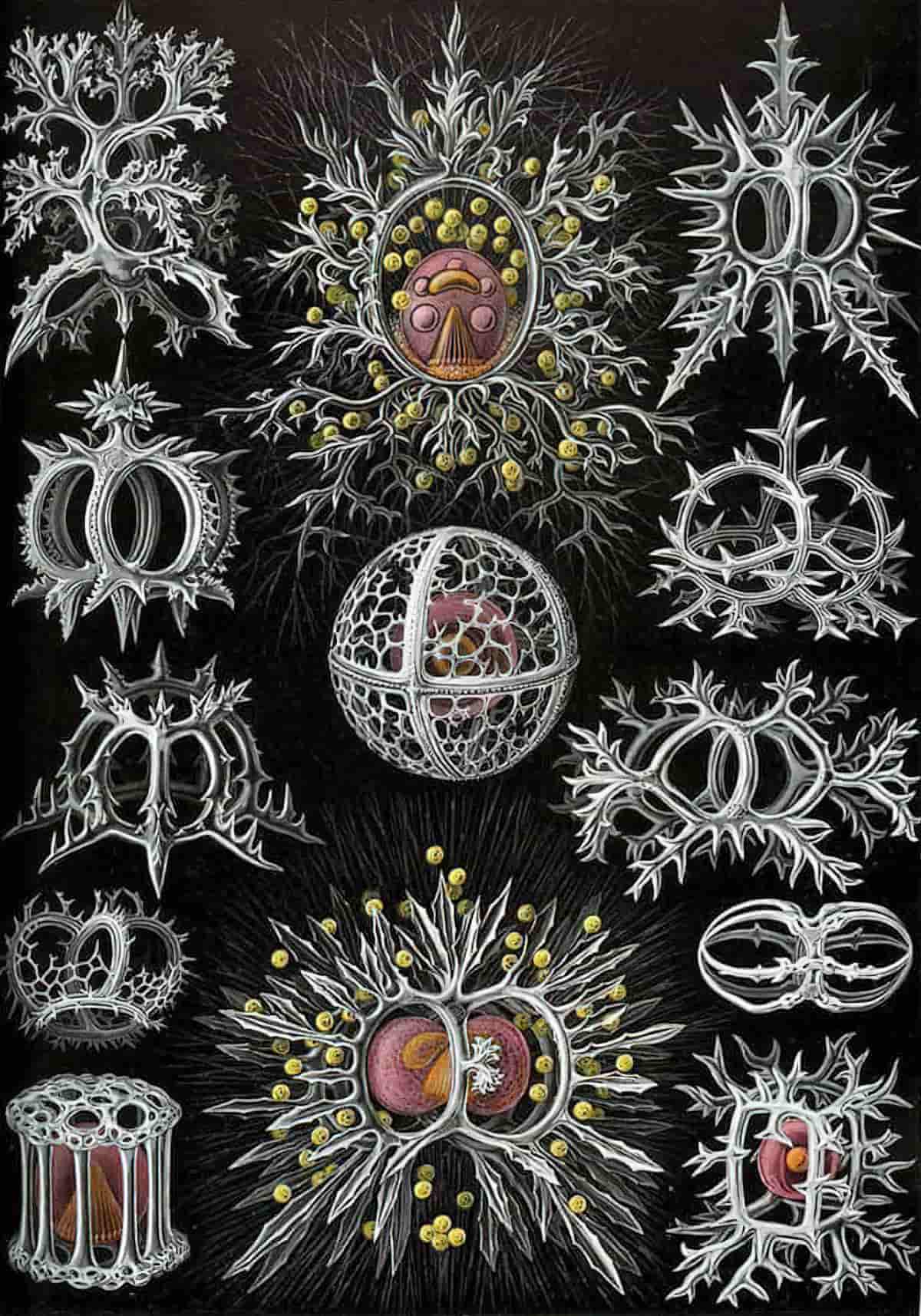
The success of a novel is only five percent about the structure and ninety-five percent about the quality of the writing. Elizabeth Lyons, Manuscript Makeover Younger writers should be experimenting with form as well as material, like a water-seeker with a divining rod. We are “haunted” by experiences, images, people, acts of our own or
-
The Carnivalesque in Children’s Literature
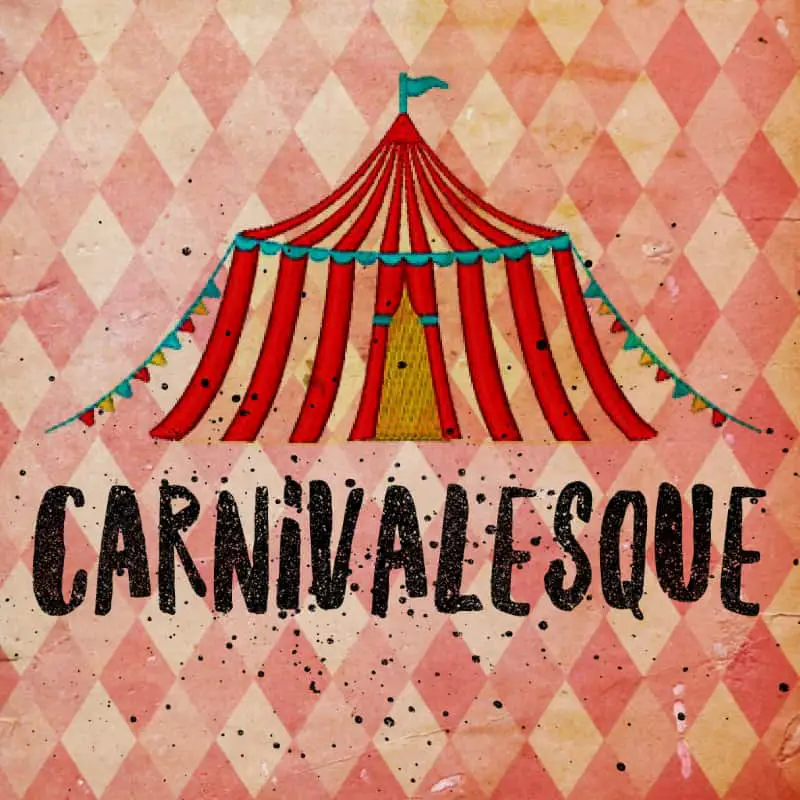
Carnival: In the Bakhtanian sense, “a place that is not a place and a time that is not a time”, in which one can “don the liberating masks of liminal masquerade”. Victor Turner, Dramas, Fields and Metaphors: Symbolic Action in Human Society, 1974 Children’s literature academic Maria Nikolajeva categorises children’s fiction into three general forms:
-
Common Characteristics Of Best-selling Children’s Books
As outlined by Nodelman and Reimer in The Pleasures of Children’s Literature, here are the common-characteristics of best-selling modern children’s books. They are written and sold as part of a series. They have a simple and straightforward writing style. Central characters are enough like their intended audience for readers to relate to and identify with
-
What is irony in literature?
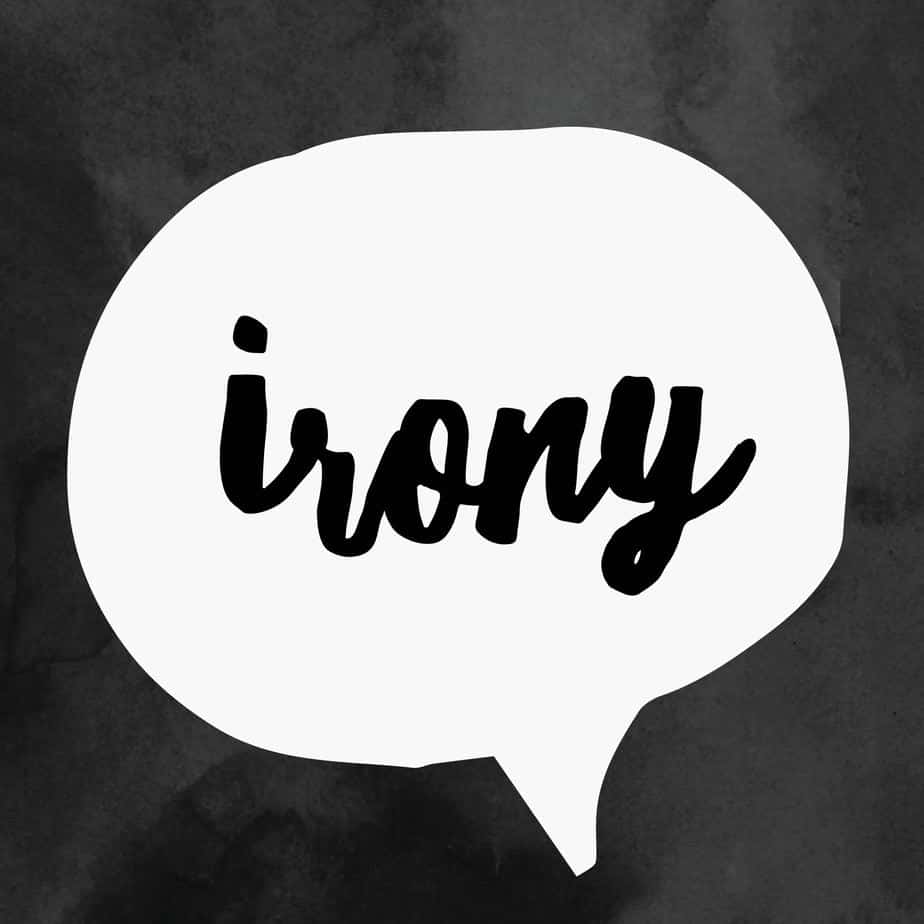
“Given a long enough time, of course, a wide enough frame, there is nothing said or done, ever, that isn’t ironic in the end.” Madame Morrible, Wicked, Gregory Maguire These notes draw heavily from a Narrative Breakdown podcast called The Power Of Irony. See also: All Good Stories Are Ironic from Cockeyed Caravan blog. Irony [is]